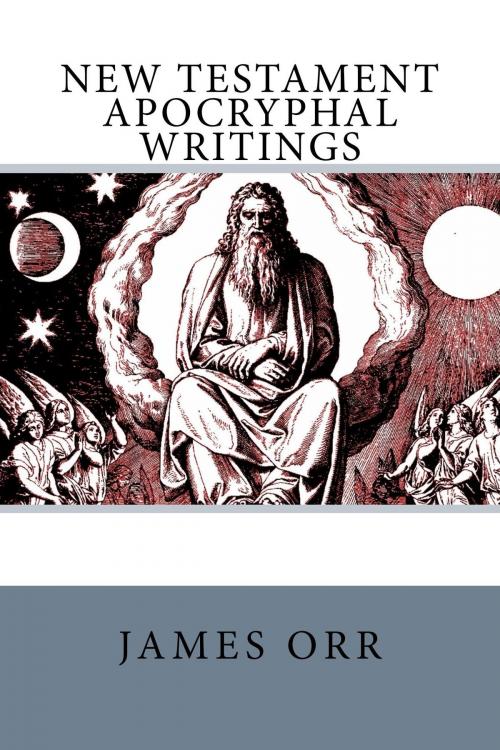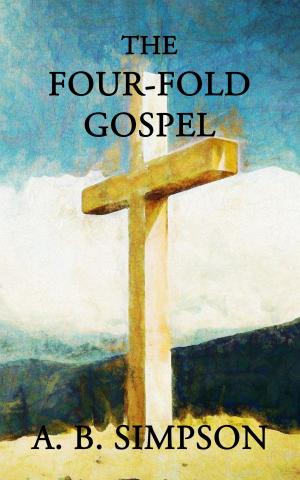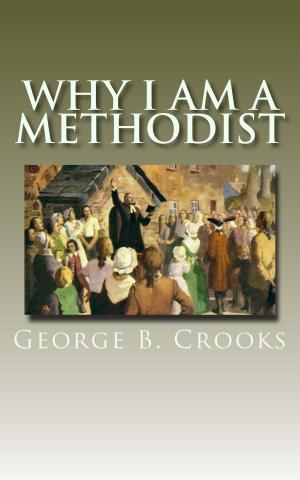New Testament Apocryphal Writings
Nonfiction, Religion & Spirituality, Christianity, Christian Literature, Church, Church History, General Christianity| Author: | James Orr | ISBN: | 1230001364743 |
| Publisher: | CrossReach Publications | Publication: | September 29, 2016 |
| Imprint: | Language: | English |
| Author: | James Orr |
| ISBN: | 1230001364743 |
| Publisher: | CrossReach Publications |
| Publication: | September 29, 2016 |
| Imprint: | |
| Language: | English |
The Apocrypha began to be produced (so far as known) in the second century, mostly in Ebionitic and Gnostic circles, and, with few exceptions, were repudiated and condemned by the Church. Only later, and in modified and expurgated forms, did their stories pass into the general Catholic tradition. The second century seems to have been a perfect hot-bed for the production of this class of writings.
Of the purely heretical Gospels most have perished (for an account of some of the Gnostic ones, see Baring-Gould’s Lost and Hostile Gospels (1874), and Lipsius, as above). But apart from doctrinal reasons, sufficient motive always existed in persons of lax tendency to pander to the principle of curiosity and love of the marvellous in human nature by inventions of narratives on subjects on which the genuine Gospels were silent. An existing narrative, or traditions of sayings and doings of Jesus, might be, and frequently were, manipulated, recast, or embellished; but the grand opportunity came when the Gospels said nothing at all. Here was a space which imagination could fill up at pleasure. The stories might be puerile, demoralising, ridiculous to the last degree, but if they were only circumstantial and marvellous enough, and were backed up by names of Apostles, or others of repute, the narrator could always rely on finding readers greedy to receive them. This is precisely what happened with the Apocryphal Gospels.
The Apocrypha began to be produced (so far as known) in the second century, mostly in Ebionitic and Gnostic circles, and, with few exceptions, were repudiated and condemned by the Church. Only later, and in modified and expurgated forms, did their stories pass into the general Catholic tradition. The second century seems to have been a perfect hot-bed for the production of this class of writings.
Of the purely heretical Gospels most have perished (for an account of some of the Gnostic ones, see Baring-Gould’s Lost and Hostile Gospels (1874), and Lipsius, as above). But apart from doctrinal reasons, sufficient motive always existed in persons of lax tendency to pander to the principle of curiosity and love of the marvellous in human nature by inventions of narratives on subjects on which the genuine Gospels were silent. An existing narrative, or traditions of sayings and doings of Jesus, might be, and frequently were, manipulated, recast, or embellished; but the grand opportunity came when the Gospels said nothing at all. Here was a space which imagination could fill up at pleasure. The stories might be puerile, demoralising, ridiculous to the last degree, but if they were only circumstantial and marvellous enough, and were backed up by names of Apostles, or others of repute, the narrator could always rely on finding readers greedy to receive them. This is precisely what happened with the Apocryphal Gospels.















